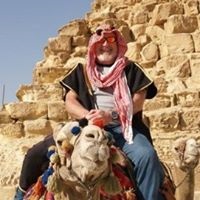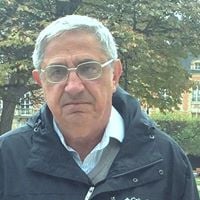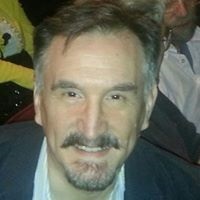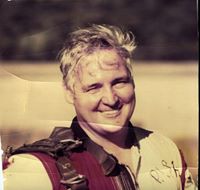What is the name of the British mathematician who was instrumental in deciphering Germany's encrypted Enigma code during World War II?
Born in London in 1912, British mathematician Alan Turing studied at both Cambridge and Princeton universities. He was already working part-time for the British Government’s Code and Cypher School before the Second World War broke out. In 1939, Turing took up a full-time role at Bletchley Park in Buckinghamshire, where top secret work was carried out to decipher the military codes used by Germany and its allies. Turing worked to decrypt the more complex German naval communications that had defeated many others at Bletchley. He headed the ‘Hut 8’ team at Bletchley, which carried out cryptanalysis of all German naval signals. This meant that Allied convoys could be directed away from the German U-boat 'wolf-packs'. Turing’s role was pivotal in helping the Allies during the Battle of the Atlantic.
The legacy of Alan Turing’s life and work did not fully come to light until long after his death. His impact on computer science has been widely acknowledged: the annual ‘Turing Award’ has been the highest accolade in that industry since 1966. But the work of Bletchley Park – and Turing’s role there in cracking the German Enigma code – was kept secret until the 1970s, and the full story was not known until the 1990s. It has been estimated that the efforts of Turing and his fellow code-breakers shortened World War II by several years, saved countless lives, and helped to determine the course and outcome of the conflict.
More Info:
www.iwm.org.uk








